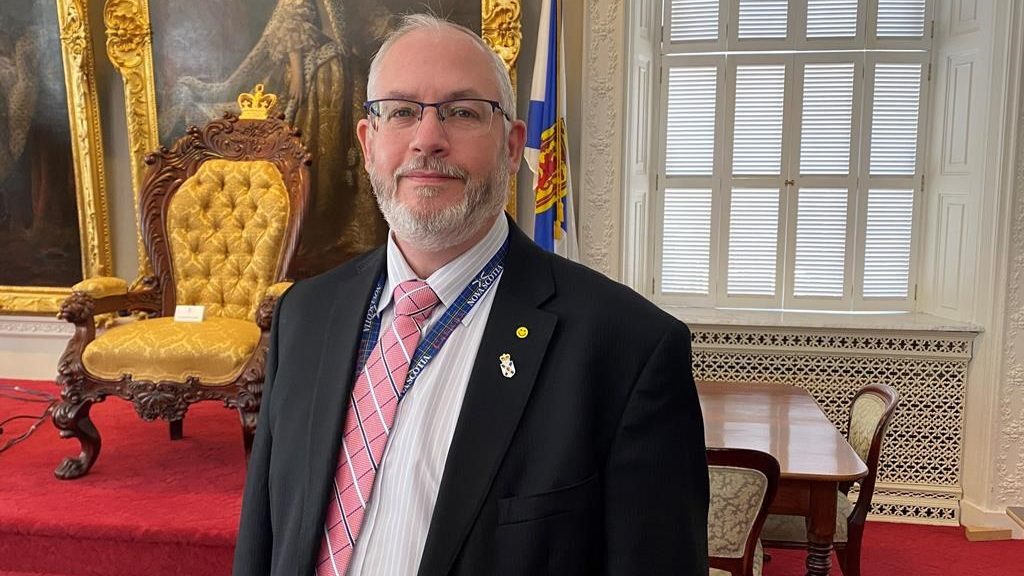1 in 3 Canadian youth will sustain a brain injury
Posted Aug 23, 2021 10:00:00 AM.
Possibly no generation before today’s youth has ever been at higher risk for impulsive and dangerous consequences. Every day, this generation is seduced with the ubiquitous quest of going viral and acquiring tens of thousands, if not millions of likes. One trip around social media and it is evident many young ‘influencers’ are being rewarded with lucrative endorsements. The higher the risk, the bigger the pay off. Unfortunately, this looks incredibly appealing to other youth who may not fully comprehend the complications resulting from injuries such as the far too common and often devastating concussion as well as other brain trauma.
The Brain Injury Association of Nova Scotia is keenly aware of the startling risk for youth: before graduating high school 1 in 3 young people will suffer a brain injury. The risk for trauma increases substantially in children under two years of age, a group for which brain and head injuries are the leading cause of death.
FAR MORE THAN A HEADACHE THAT WON’T GO AWAY
Brain injury can happen in a moment, through what appears to be a simple fall or accident. While the immediate symptoms may be obvious, the persistent implications are often misunderstood. Statistics show us there is nothing simple about any brain trauma, with up to 40% of brain injury survivors experiencing prolonged symptoms. For many, their injury alters their quality of life permanently. Among the biggest challenges after a concussion and any brain injury is recognizing the scope of symptoms which impact physical, behavioural, cognitive and emotional health.
The Brain Injury Association of Nova Scotia is justifiably concerned at the lack of understanding within the younger age groups. In a review of public opinion research with youth, ages 5-19, the gap in brain injury knowledge is evident.
- 8 in 10 have little or no knowledge of concussion
- 7 in 10 identify that a concussion is a hit to the head that causes headache or blurry sight
- 7 in 10 incorrectly believe wearing a helmet will prevent a concussion
- 6 in 10 believe a harder blow results in a more severe concussion
- 4 in 10 think they should stop taking pain relief medication if they suffered a concussion
YOUTH DON’T KNOW WHAT THEY DON’T KNOW
The data is clear: youth in Canada are not equipped with enough brain injury knowledge. To further complicate the issue, the complexity of brain trauma presents differently in each person. Without an understanding of those ‘invisible’ symptoms, youth will remain unaware of related issues and predictably not inform their parents which delays further important treatments. Plus, returning to sports and other activities too early poses risk for sustained symptoms.
Fortunately, there is both information and support available for all Nova Scotians.
Should you or your child sustain any form of brain trauma, trust the Brain Injury Association of Nova Scotia for free supports and services to help in the recovery process.










